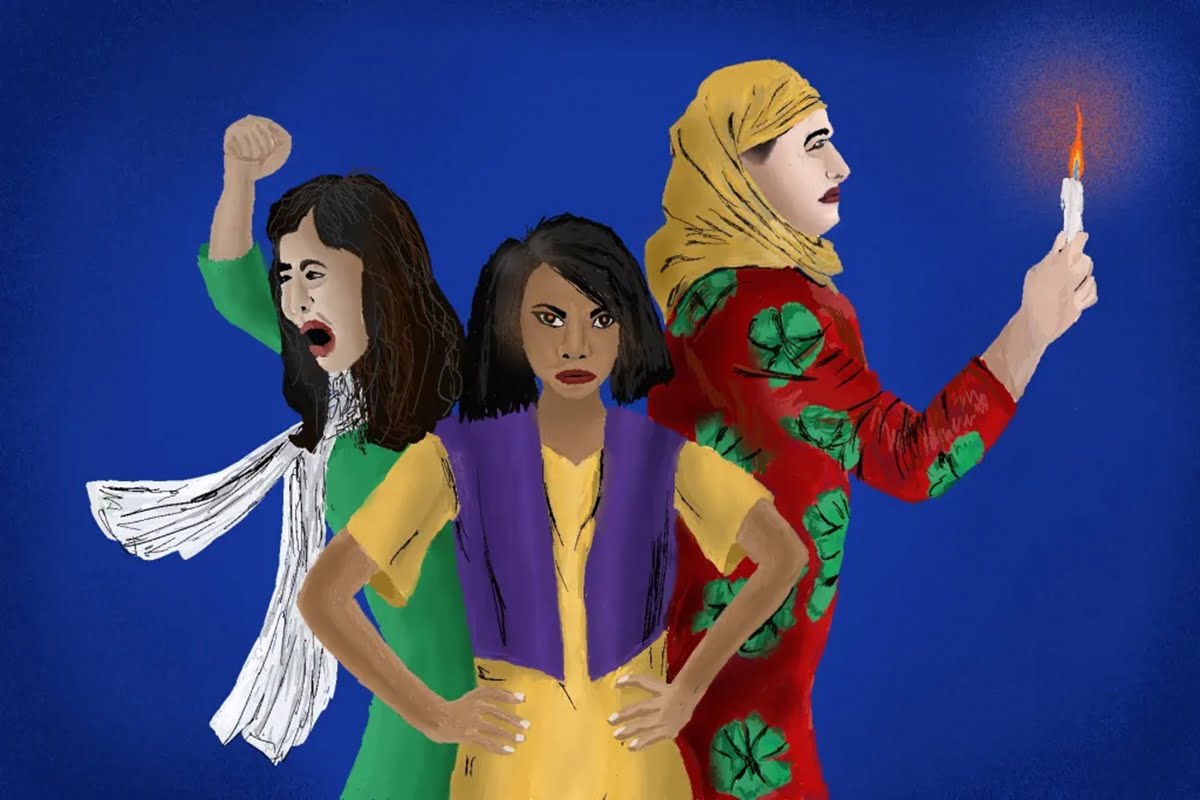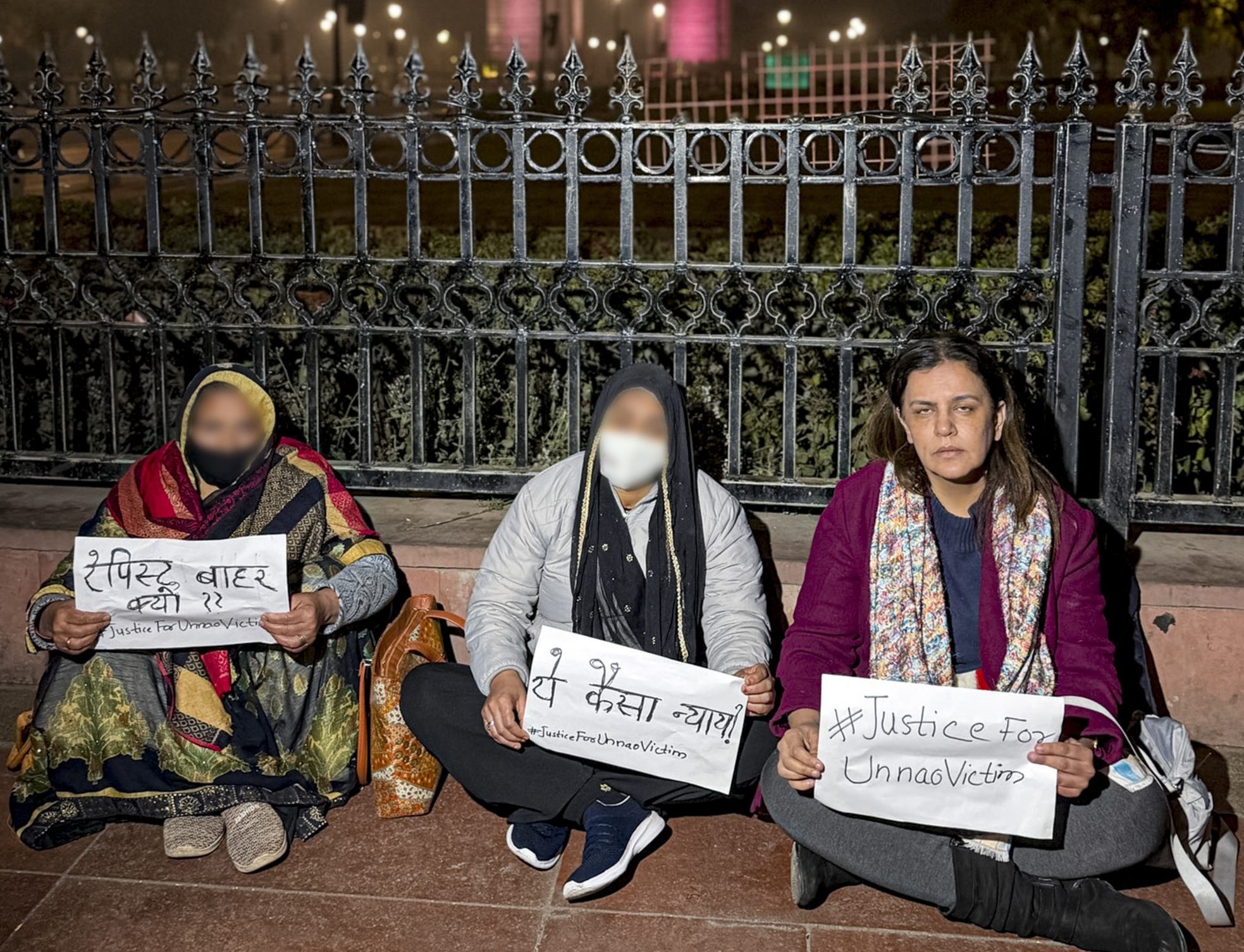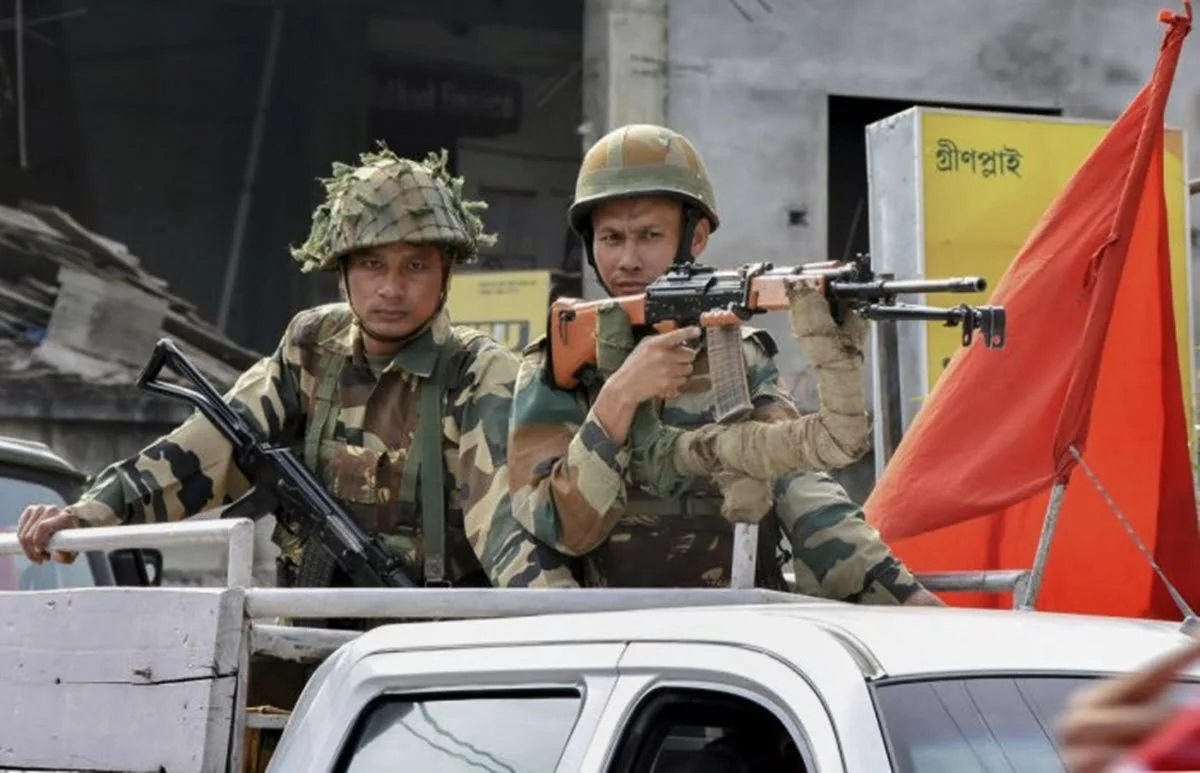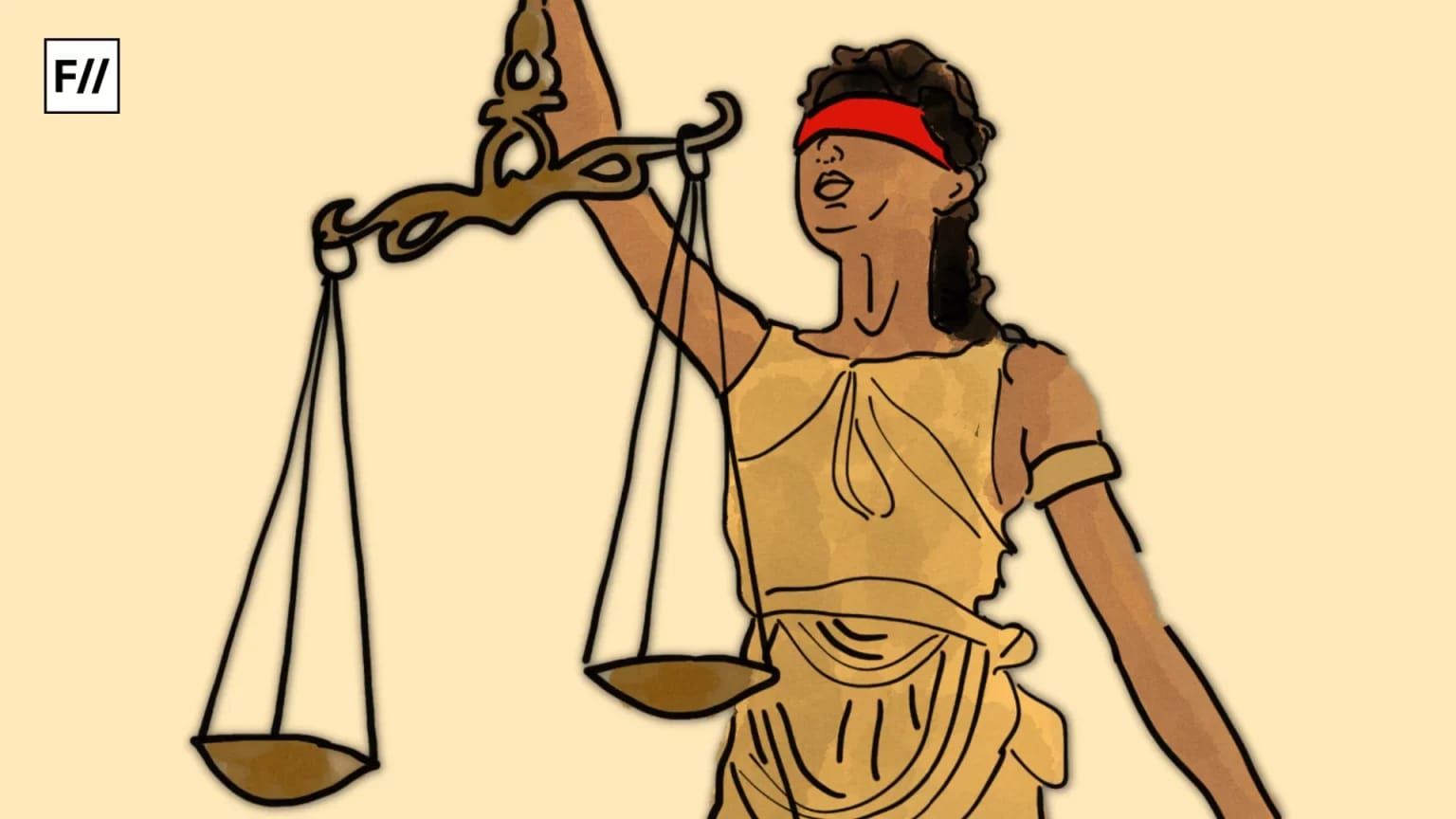Dowry is a practice that is still prevalent in our country even though it was outlawed over 60 years ago. The extremely regressive practice continues to be the cause of harassment and deaths of many women across India. The number of cases of dowry-related killings/ harassment has been persistently high. Among the cases of violence against women we saw this year, Vismaya’s death due to dowry related harassment and domestic violence in Kerala, rattled many. In the light of the same, the Kerala government has promptly attempted to put forth several equitable measures aimed to reduce dowry related violence against women in India.
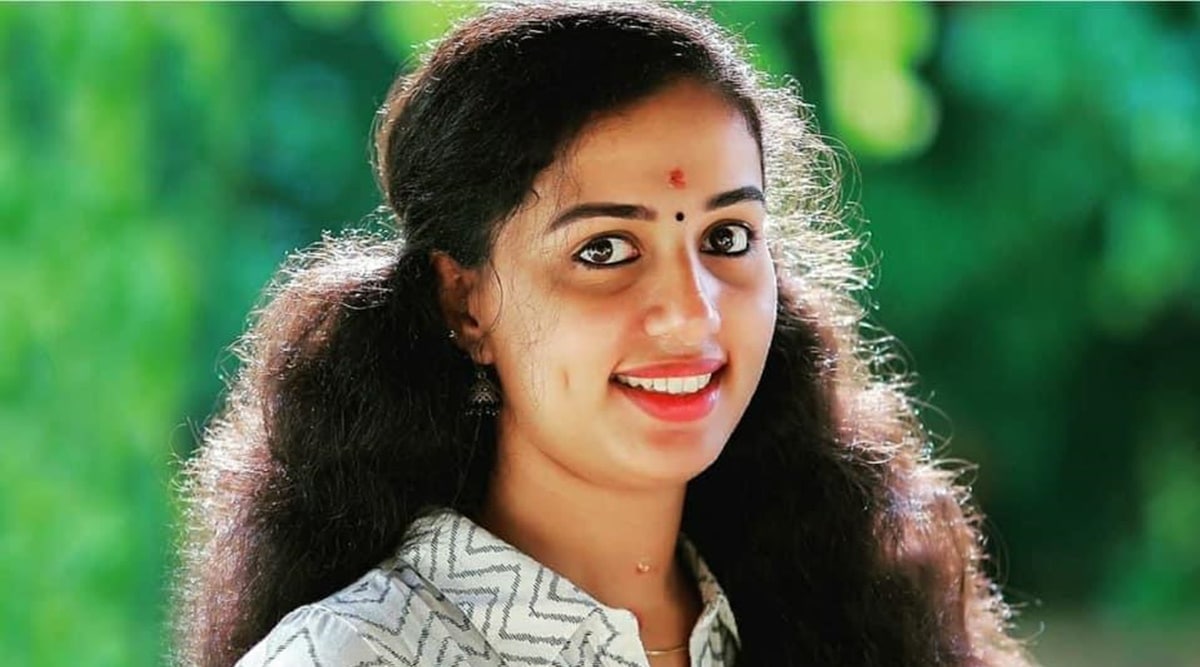
According to an article by the Indian Express in the last three years, due to dowry related harassment, 34 women in Kerala lost their lives and no was convicted in these cases. However, recently the government has taken more initiatives to address the issue of dowry. For instance, the Women’s Commission organised an awareness seminar ‘dowry vigilant society’. The awareness programme aims to provide psychological support to women. The Women’s Commission members highlighted that even though the public knows that dowry is not good the practice still exists in society. It aims to empower women to speak up against dowry related harassment and be able to survive and make decisions in a crisis. Campaigns through social media, newspaper and radio has helped in increasing the awareness against grand weddings and violence against women due to dowry. The campaign will last for four months and will end on November 26, which will be marked as Dowry Prohibition day in the state.
The Women’s Commission organised an awareness seminar ‘dowry vigilant society’. The awareness programme aims to provide psychological support to women.
Also read: Vismaya V Nair’s Case Should Be A Wake-Up Call To Put An End To Dowry
Kerala women’s commission has also submitted a draft Bill before the state government. The Bill suggests that there should be a check on dowry harassment and extravagant weddings. The reason behind the ‘Bill for Prevention of Extravaganza and Unlimited Expenditure on Marriage in Kerala, 2021’ is to regulate the expenditure and grandiose around weddings which in turn lead to social and economic issues. This also increases the financial burden on the bride’s family. The women’s panel had also submitted recommendations with regards to the amendments in the Dowry Prohibition Act, 1961. They highlighted that presents given during marriage are not considered as dowry and should be included. Otherwise, this could be used as a lacuna to continue giving dowry indirectly under the name of gifts, and also escape the law. They have suggested adding a clause that the present received should be signed by the couple, parents/guardian and should be certified by a notary.
The Women and Child Development ministry has also taken measures towards an effective system to make sure that dowry is not taken. For this, the government plans to change the system, starting with government employees. It is suggested that government employees have to submit an affidavit which states that they have not taken or gave dowry. The affidavit is supposed to be signed by their partner and the in-laws that no dowry was taken or given. This has to be submitted within one month of marriage, or one month after joining the office. The affidavit will be checked by the supervisory officer and if he finds anything suspicious, he could then refer the case to the police and dowry prohibition officer. Strict action will be taken if a fake affidavit is filed.
Although these sound really promising, it has also been noted that these are short term solutions. It has been observed that even though strict laws were implemented it did not reduce the cases of dowry crimes. Women’s rights activist C.S. Chandrika had said that both society and government have to make sure that women enjoy both equal freedom and dignity. The article by Indian Express highlighted the argument put forward by Professor Praveena Kodoth, who sees marriage as a bigger problem and dowry as the symptom of the problem. She also points out that women still don’t have mobility/decision making power concerning the public domain. Women’s work and income is seen as supplementary which become a part of the problem of dowry. Higher education and employment of women must be given importance.
Professor Praveena Kodoth sees marriage as a bigger problem and dowry as the symptom of the problem. She also points out that women still don’t have mobility/decision making power concerning the public domain. Women’s work and income is seen as supplementary which become a part of the problem of dowry.
Also read: Understanding Symbolic Violence Through Kumbalangi Nights & Thappad
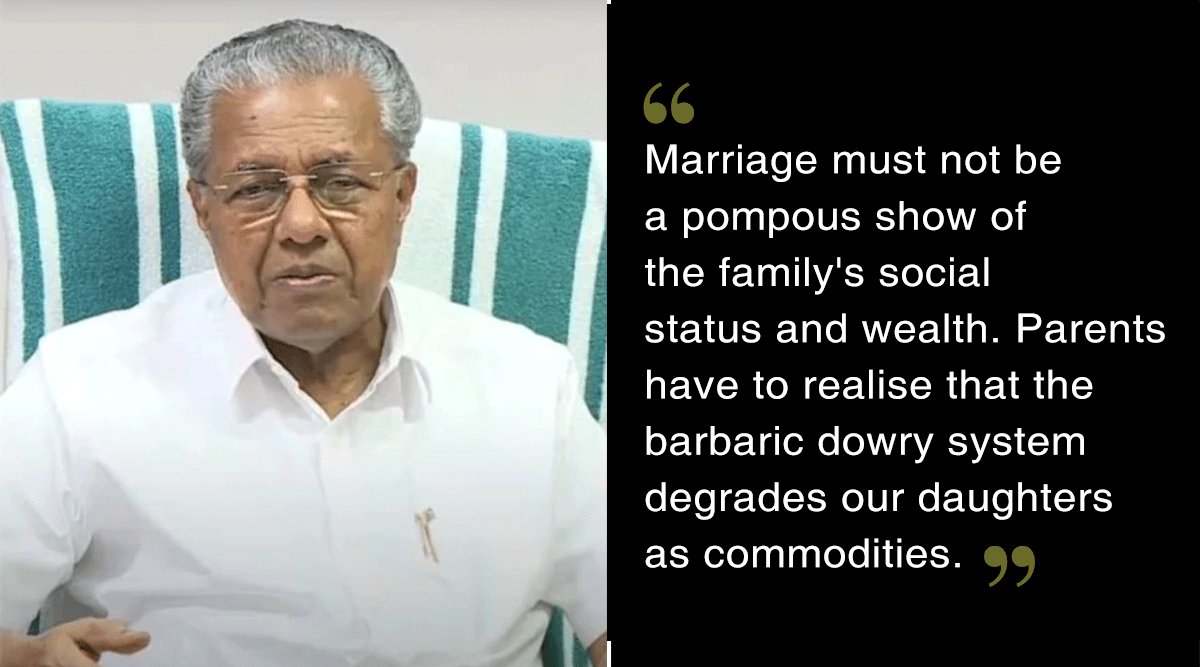
Another problem that has been highlighted is that most of the time the cases are not recorded or strict action is not taken. Many are afraid to complain and think that it may affect their reputation or family honour in the society. Most of the time complainants are forced to be satisfied with a settlement rather than going forward with the case. There is also a lack of awareness, given how even educated women are mostly not privy to laws and institutes which give support to women. The current law will be effective if there is proper awareness of laws and also proper implementation. Along with the initiatives taken by the government, there should also be awareness drives at offices and colleges. With laws, it should also be made sure that there is a change in the thinking of the society regarding the social evil of dowry.
Featured Image Credit: Aasawari Kulkarni/Feminism In India
About the author(s)
Geeta Gunjal is a fresh graduate from Symbiosis School for Liberal Arts, Pune. She majored in International Relations. She likes to read books and binge-watch K-dramas. She is trying to learn more about Intersectional feminism
